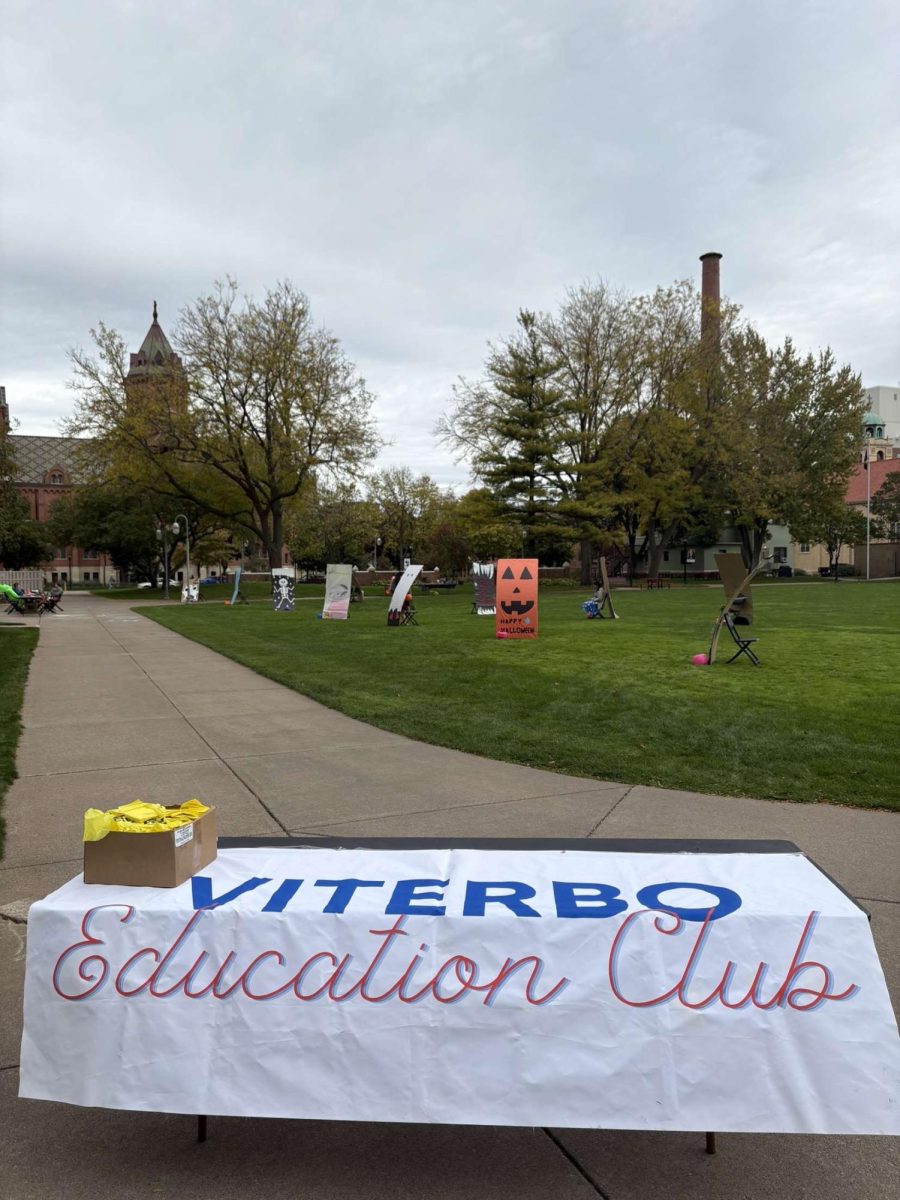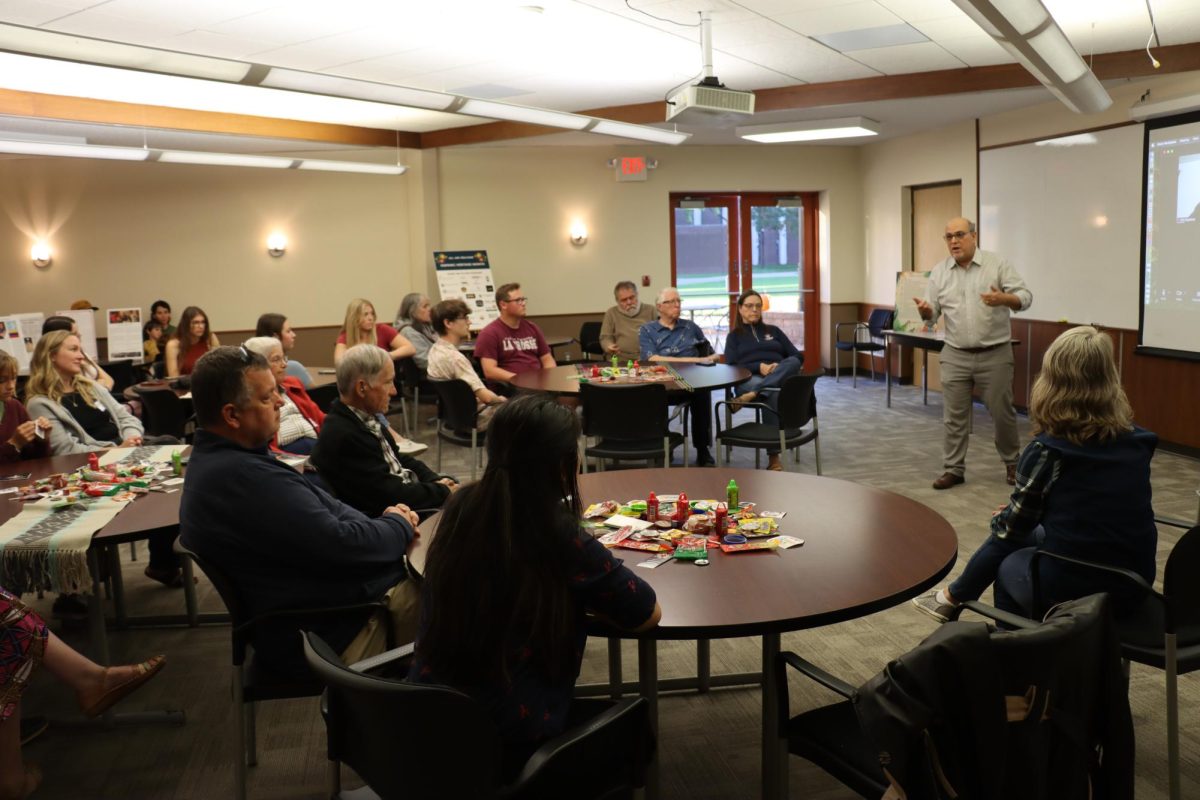On March 6, Viterbo University D.B. Reinhart Institute for Ethics in Leadership hosted “Coloring the Conservation Conversation,” a discussion with author and ecologist J. Drew Lanham on the dangers of ignoring threats to our environment and the ever-active presence of racism in the environmental conservation industry. Hosted as part of the annual Aldo Leopold day celebration, the presentation was available to a curated Zoom audience and streamed live on D.B. Reinhart Institute for Ethics in Leadership’s Facebook page.
Aldo Leopold, best known for his “land ethic,” calling for the ethical, caring relationship between people and nature, is a celebrated conservationist figure well known for his role as chair of game management at the University of Wisconsin-Madison. His work is celebrated by universities in Wisconsin every year during the opening week of March. A man of color and an ecologist, Leopold’s books often centered jointly on issues of racial bias in conservation discussions and the overall need for everyone to open their eyes to the rapidly changing world around them.
Lanham spent the majority of his talk speaking on these issues from his own personal experience, but he opened with some words in celebration of Leopold. “Aldo Leopold, born in an age of racism, rising at the very apex, seemed to be an evolving mind,” Lanham said, and went on to mention Leopold’s emphasis on “the relation of people to each other and the relation of people to the land.” These topics became central to Lanham’s discussion.
Lanham spoke from his experience as an ecologist and in particular his love for bird watching. He was emphatic that we as a race of human beings have an obligation to listen to our environment and see what stories it has to tell. One story about nature in particular stood out from Lanham’s talk. “Starlings are an immigrant story,” Lanham said, “this bird has a story to tell.” Lanham explained that Starlings were first brought to the U.S. in the late 1800’s from Europe. A whole group of immigrant birds introduced to America, that have grown to flourish and help build the environment around them to better.
Lanham told a variety of stories from his experience observing nature, but some of his most poignant stories centered on racial discrimination in the industry of ecology. One of the issues Aldo Leopold wrote about in his career was that Black people were being blamed for the decline of birds in South Carolina, when in fact, the issue was unrelated to race and only related to the lack of conservation laws in place to protect species. Lanham outlined how this attitude still exists in the industry of ecological preservation, and further detailed discrimination he has faced as a Black ecologist.
In one story in particular, he mentioned the presence of sundown towns in South Carolina, a town where black people are not welcome outside at night. Lanham explained his experience studying a group of bats one town over from a sundown town, and the fear it entailed.
Lanham also talked more generally about our failings to appreciate and take care of our environments. “We might well call this the age of human excess,” he said, “an age of willful ignorance and impudent action with an attitude towards taking it all and leaving none of it for later.” He spoke from his experience as a professor, highlighting specific experiences such as asking students how many of them noticed trash on their walk to school and picked it up. He stressed the need for students to bring their own personal experiences to the forefront when discussing issues of the environment and climate catastrophe. “Something as simple as picking up a gum wrapper is bettering your surroundings,” Lanham said, stressing the value of “immediate relevance” when addressing climate change.
Lanham ended his speech with a simple anecdote. “Awareness is the first step towards action,” Lanham said, “you can’t take action if you aren’t aware.” Hopefully, Viterbo students can follow up to Lanham’s talk and be a little more aware of taking care of their environment today.

